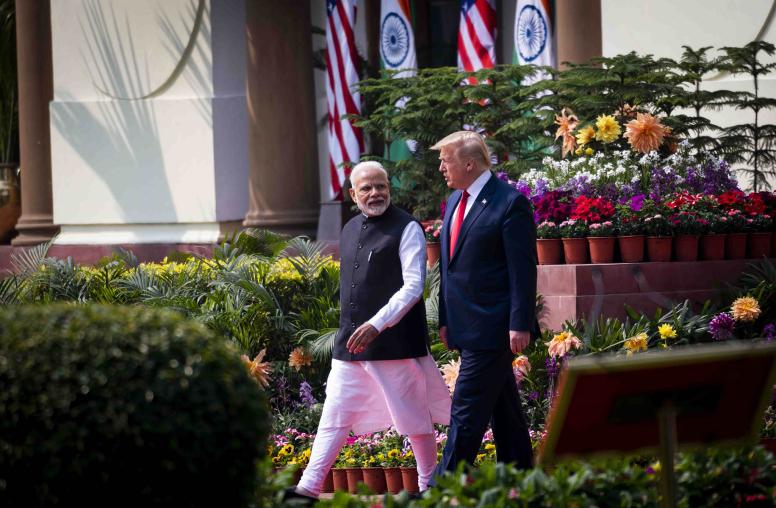Ceasefire Violations in Jammu and Kashmir: A Line on Fire
Ceasefire violations on the border between Pakistan and India and across the Line of Control in the Jammu and Kashmir region are both a product of broader bilateral tensions and a contributor to them. Drawn from field research and extensive interviews with both Indian and Pakistani officials and senior military figures, this report argues that ceasefire violations are generally not planned, directed, or cleared by higher military commands or political establishments, but are driven by the dynamics on the frontlines. The report explains these factors in context, offering recommendations on what could be done to better manage or even avoid both tensions and escalation of conflict.
Summary
- Violations of the ceasefire agreement of 2003 between India and Pakistan in the Jammu and Kashmir region are a significant trigger in bilateral military, political, and diplomatic tensions.
- Ceasefire violations (CFVs) have the potential to not only spark bilateral crises but also escalate any ongoing crisis, especially in the aftermath of terror incidents.
- The failure on the part of both countries to comprehensively assess the causes of CFVs has led both governments to adopt policies that have been unsuccessful in curtailing recurrent violations.
- India asserts terrorist infiltration from Pakistan is the primary cause for CFVs. Pakistan claims that the larger outstanding bilateral disputes are the issue.
- Even if terrorist infiltration were to end, however, ceasefire violations could potentially continue.
- Local military factors in the India-Pakistan border are in fact behind the recurrent breakdown of the 2003 agreement. That is, CFVs are generally not planned, directed, or cleared by higher military commands or political establishments, but are instead driven by the dynamics on the frontlines.
- The 2003 agreement tends to hold when a dialogue process is under way between India and Pakistan on key disputes, local factors seeming to have little or no influence under such a positive environment.
- During times of bilateral tension, however, as has been the case since 2009, the agreement tends to break down and CFVs are routine. During such phases, local factors tend to have a dramatic influence on ceasefire violations.
- From a policy perspective, then, it is as important to focus on measures on the ground to sustain the ceasefire as it is to address the fundamental political dispute between the two countries.
About the Report
Ceasefire violations along the Line of Control and international border between India and Pakistan have over the last decade been the primary trigger of tensions and conflict between New Delhi and Islamabad in the long-disputed Kashmir region. This report, supported by the United States Institute of Peace (USIP) and based on extensive field visits to the border areas, in-depth interviews with Indian and Pakistani military officials, and several primary datasets explains the factors behind the violations and suggests ways to control them within the context of the broader bilateral political dispute.
About the Author
Happymon Jacob is associate professor of diplomacy and disarmament studies at the School of International Studies, Jawaharlal Nehru University, New Delhi. He has previously worked with the Observer Research Foundation (New Delhi), University of Jammu (J&K), Central European University (Budapest), and the Jamia Millia Islamia University (New Delhi), has participated in or organized some of the influential India-Pakistan Track II dialogues, and has written extensively on India’s foreign policy, the Kashmir conflict, India-Pakistan relations, and security issues in South Asia.



